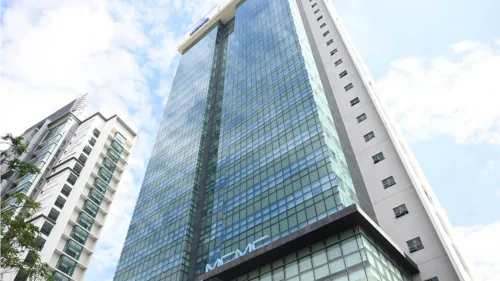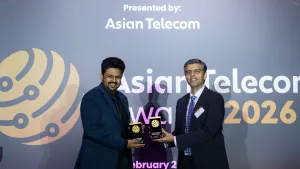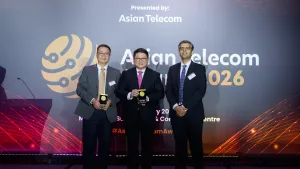Nokia invests in automation to decrease energy consumption
The telecommunication cloud market is projected to be worth $22.4 billion by 2028.
Nokia is integrating automation and custom silicon technologies to reduce energy consumption, aligning with Industry 5.0 principles for a sustainable and secure telecommunications future.
According to Terry McCabe, CTO of Nokia Asia-Pacific and Japan, the company is heavily investing in automation technology to drive down energy consumption while ensuring the security of critical communications.
"We say that there's no green without digital," McCabe said, “The development of sustainability across all branches of industry, not just networking, but all areas of industry involve digitization.”
He mentioned that this philosophy underpins Nokia's approach to sustainability, which is not limited to networking but extends across all industries. The company is committed to digitization as a means to achieve sustainability, placing a high emphasis on the security of communications.
“We drive down the environmental impact of the products we deliver by designing around energy efficiency and security from the outset, and adopting custom silicon technologies to make the most reliable and the most performance solutions which deliver the lowest energy impact,” he said.
McCabe said that this is crucial in applications ranging from smart grids for power transmission to automated vehicles.
He added that Nokia's investment in automation technology is a strategic move to reduce its own energy consumption and environmental impact, including better control of the supply chain, reducing the logistical impact of product delivery, and designing products around energy efficiency and security.
Aligning with the principles of Industry 5.0, McCabe said that Nokia's advancements in telecommunications focus on personalized and sustainable industry practices. Industry 5.0, as he described, builds upon the automated processes of Industry 4.0, making them more human-aware.
“Now we're part of the global industry move to bring humans and robotics closer together. And that includes everything from human augmentation to enabling the cooperative world to work alongside the human being in a safe and efficient way,” he said.
"Industry 5.0 is all about sustainable, reliable, and the human factor in developing production and industrial capabilities going forward," he added.
In response to the growing telecommunication cloud market projected to be worth $22.4 billion by 2028, McCabe suggested that organizations foster a culture of continuous innovation. The convergence of cloud and network technologies, including the development of edge cloud and the adoption of cloud infrastructure technologies on-premise and in the hyperscale, are key areas of focus. This evolution is seen as a crucial part of adopting Industry 5.0 and the future of industrial automation.










